Despite Japan‘s reputation as a safe country, cities with elevated crime rates exist.
While Japan has a lower crime rate compared to the global average, it’s crucial to recognize the potential dangers when traveling to certain cities.
For example, the police in Japan identified roughly 330.6 theft offenses per 100,000 residents in 2020, making it the most prevalent crime in Japanese society.
This article will discuss Japan’s top ten most hazardous cities and provide essential safety tips for tourists.
Contents
10 Most Dangerous Cities in Japan
Although Japan is known for its safety and low crime rates, specific cities where crime is more prevalent exist.
Despite the country’s safety, these cities have higher crime rates, especially in certain neighborhoods or districts.
By understanding the unique safety challenges in these cities, tourists can take necessary measures to safeguard themselves and their belongings while experiencing Japan’s beauty.
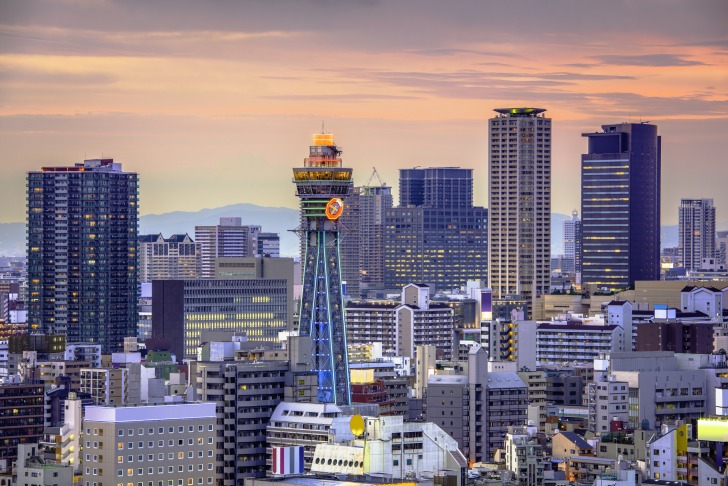
Osaka
Located on the island of Honshu, the metropolitan area of Osaka is home to more than 19 million people, making it the third largest city in Japan.
It’s a vibrant city famous for its bright nightlife, lively streets, and mouth-watering cuisine.
However, Osaka is also known for having a higher crime rate than other cities in Japan.
Gang activity is more prevalent in areas like Nishinari-ku and Tobita Shinchi, so tourists should avoid these places, especially after dark.
Popular neighborhoods like Dotonbori and Shinsekai are also hotspots for pickpocketing, so visitors should keep their valuables close.
Furthermore, be aware of bicycles on the sidewalk, as they can be a hazard.
To enjoy Osaka fully, tourists should remain alert and take necessary precautions to stay safe.
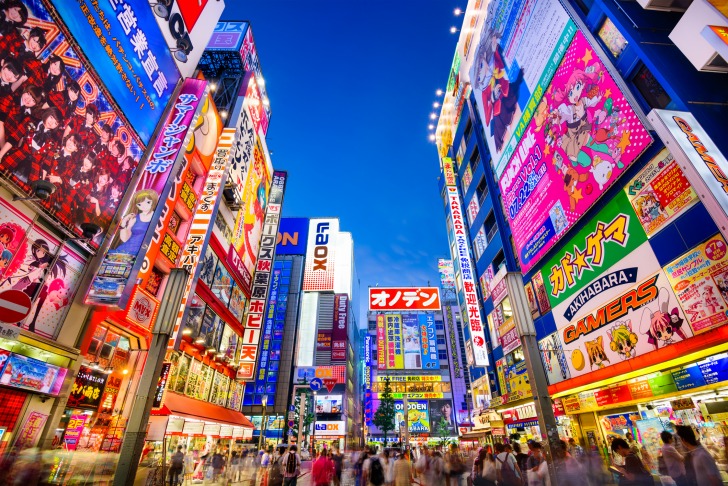
Tokyo
Tokyo, the sprawling capital of Japan with a population of over 37 million, is a hub of culture, commerce, and technology.
However, tourists should exercise caution in certain areas, such as the infamous Kabukicho in Shinjuku, known for pickpocketing and scamming incidents.
Visitors should also watch out for potential fraud while using ATMs or exchanging currency.
Flaunting wealth is ill-advised as it could attract unwanted attention.
Safety tips for enjoying Tokyo include remaining alert, using common sense, and being mindful of your surroundings.
Whether experiencing the city’s rich history or exploring its bustling streets, visitors can have an enjoyable and safe trip by taking the necessary precautions.
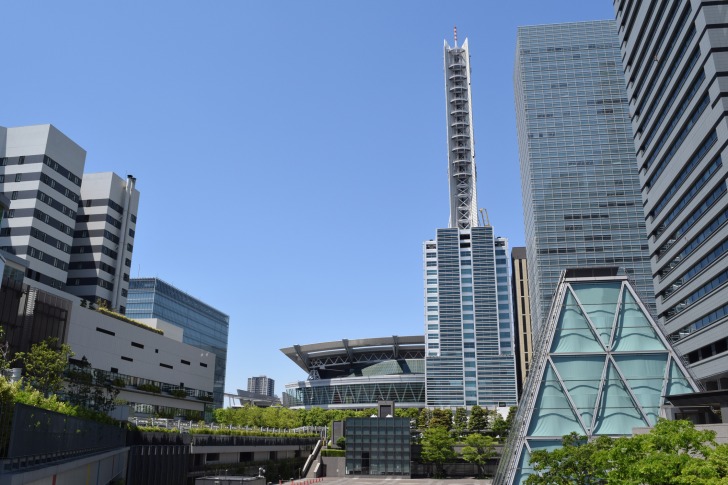
Saitama
Saitama, situated in the Kanto region of Japan just north of Tokyo, is a city that offers a blend of cultural landmarks, historical sites, and picturesque parks for visitors to explore.
However, tourists should be aware of certain safety concerns in the city.
Pickpocketing incidents are widespread in the Omiya district, which raises safety concerns.
Theft and assault are also more common in the Urawa neighborhood, and visitors should exercise extra caution.
While exploring the city’s attractions, visitors should exercise vigilance, remain alert, and secure their belongings.
Saitama offers a variety of activities for tourists, ranging from its rich history to its natural beauty, but staying safe should be a top priority.
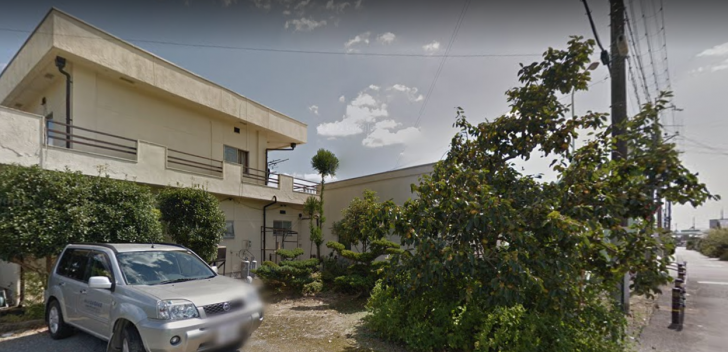
Hyogo
Hyogo, a stunning prefecture in the Kansai region of Japan, boasts the city of Kobe as its capital, famous for its succulent Kobe beef and sweeping views of Mount Rokko.
The city is a popular tourist destination due to its world-famous Kobe beef and breathtaking views of Mount Rokko.
However, it also has a reputation for a higher crime rate than other Japanese cities.
Tourists should avoid the Nada and Nagata areas at night because they are gang hotspots.
Sannomiya and Motomachi are other areas where tourists should be wary of pickpockets.
The location of Hyogo in a seismic zone also means that earthquakes can and do occur there.
Therefore, tourists should keep their wits about them, take sensible safety measures, and enjoy the city’s many attractions.
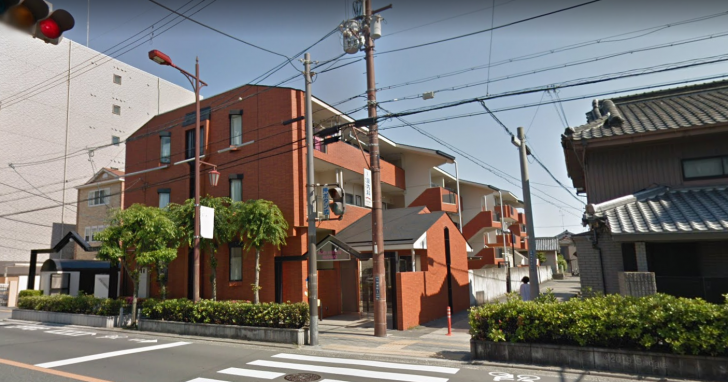
Ibaraki
Ibaraki, a prefecture in the Kanto region of Japan, boasts Mito as its capital city, renowned for its charming natural landscapes, including the Fukuroda Falls and Kairaku-en Garden.
Despite the prefecture’s captivating beauty, Ibaraki has a higher crime rate than other Japanese cities, especially in Hitachi and Tsukuba areas, where property crimes are more prevalent.
Tourists should exercise caution in these regions, keep their possessions secure, and take necessary precautions.
Besides, visitors should be mindful of the possibility of earthquakes, as Ibaraki lies in a seismic zone.
To safely enjoy Ibaraki’s attractions, visitors should stay alert, use common sense, and take necessary precautions while exploring the prefecture.
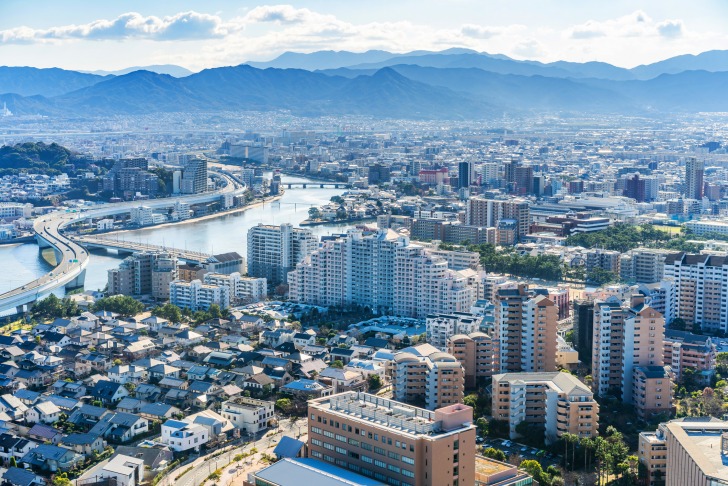
Fukuoka
Nestled on the southern Kyushu island, Fukuoka boasts beautiful beaches and lively nightlife, drawing tourists worldwide.
Despite its reputation as a safe city, certain areas, such as Nakasu’s entertainment district, demand caution as scams and overcharging are prevalent.
Visitors should be mindful of pickpocketing in crowded spaces like Hakata Station and Tenjin Central Park.
The city is also prone to natural calamities like typhoons and earthquakes.
Therefore, visitors should take precautions and stay alert when exploring Fukuoka’s many attractions to enjoy their stay without any safety concerns.
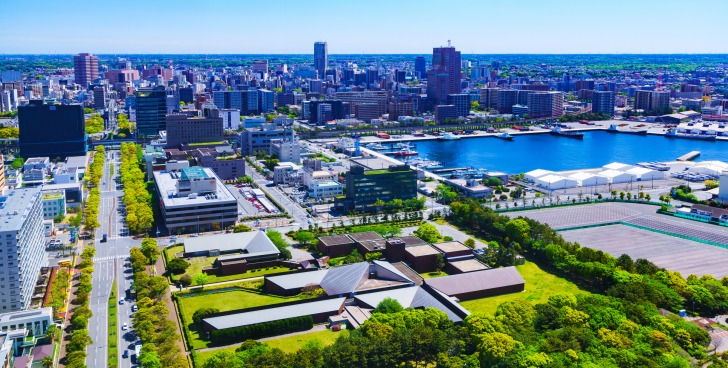
Chiba
Chiba, nestled in the Greater Tokyo Area, is renowned for its beautiful beaches and world-famous theme parks like Tokyo Disneyland and DisneySea.
While the city is generally safe, visitors should exercise caution in areas like the Narita International Airport and the Soga and Inage districts, where property crimes are prevalent.
In addition, natural disasters like typhoons and earthquakes are common in the region, making it essential for tourists to remain vigilant and prepared.
Visitors should take precautions, be alert, and explore the city’s various attractions, including the Chiba Zoological Park and the Chiba Port Tower, to ensure a safe and enjoyable trip.
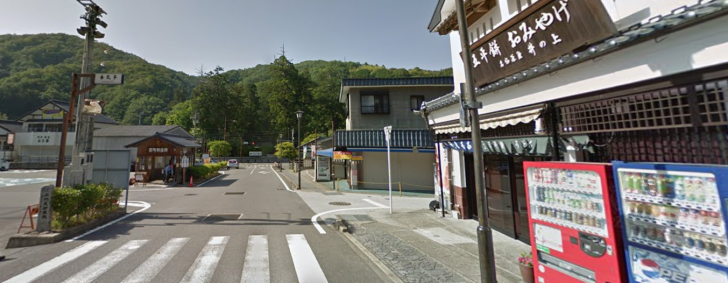
Aichi
A prefecture in the Chubu region of Japan, Aichi is famous for its bustling city of Nagoya, Atsuta Shrine, and Toyota Motor Corporation.
While it is generally considered safe, visitors should exercise caution in some areas, like the Sakae district, where pickpocketing incidents are more common.
The Nagoya Station area is also known for theft and other petty crimes, so keeping your belongings secure is important.
Additionally, Aichi is susceptible to natural disasters such as earthquakes and typhoons.
Therefore, tourists should remain vigilant and take necessary precautions to safely explore the prefecture’s attractions, including historical sites and scenic parks.
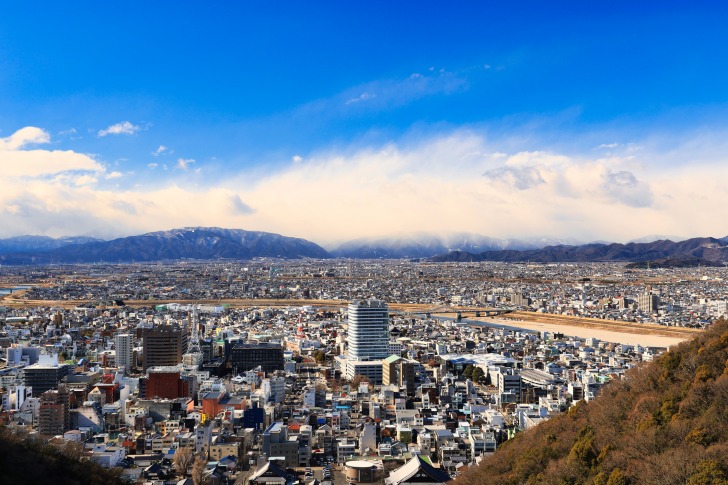
Gifu
Gifu, located in the Chubu region of Japan, offers a blend of rich history, cultural landmarks, and stunning natural scenery.
Home to the picturesque UNESCO World Heritage site of Shirakawa-go, a traditional village with unique architecture, Gifu is a tourist’s delight.
However, visitors should exercise caution in some areas, such as the Takayama Old Town district, known for pickpocketing incidents.
To ensure a safe and enjoyable trip, tourists should stay alert, use common sense, and take necessary precautions to secure their belongings.
Whether it’s the Gifu Castle or the Nagara River, Gifu has a plethora of activities for tourists, but safety should always be a top priority.

Gunma
Gunma, in Japan’s Kanto prefecture, is famous for its natural beauty and hot springs.
Gunma is generally safe, but visitors should be cautious in some areas.
According to the National Police Agency of Japan, it is the tenth most common crime in Japan, behind theft and fraud.
To ensure personal safety in any city, it’s critical to use caution and heed safety advice.
The police are well-represented in Gunma City, and they place a lot of effort into keeping the city secure.
5 Safety Tips for Traveling to Japan
Japan has gained popularity as a travel destination due to its distinctive fusion of old traditions and cutting-edge technology.
But with the excitement of experiencing this fascinating culture comes the need to prioritize safety while exploring the country’s many sights and sounds.
Here is a list of five crucial safety tips to ensure you can enjoy Japan’s wonders while staying secure:
- Stay vigilant when using public transportation: Japan’s public transportation system is efficient but can also be crowded. Keep your possessions close by and keep an eye out for any unusual behavior.
- Watch out for scam artists and street vendors: Many Japanese street vendors are honest, but some may overcharge or sell fake goods.
- Keep your possessions safe: To ward off pickpockets and other minor thieves from targeting you, it’s essential to exercise caution when transporting your possessions in congested areas. This involves taking extra measures to secure your valuables, like utilizing a money belt or a secure bag to safeguard your cash and avoiding carrying a substantial amount of money.
- Avoid high-crime neighborhoods: Tourists should be mindful of areas known for higher crime rates and take extra precautions. Researching the neighborhoods you plan to visit and avoiding high-crime areas is an essential safety precaution while traveling in Japan.
- Always be conscious of the surroundings: Pay attention to any shady behavior or people, and follow your gut if you feel uneasy. Keep to well-lit areas and avoid taking a solo stroll, especially late at night.
Japan Safety Overview
READ THE FULL REPORT: Japan Safety Review
Safety Index: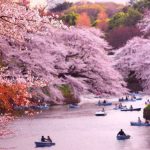
- OVERALL RISK: LOW
- TRANSPORT & TAXIS RISK: LOW
- PICKPOCKETS RISK: LOW
- NATURAL DISASTERS RISK: MEDIUM
- MUGGING RISK: LOW
- TERRORISM RISK: LOW
- SCAMS RISK: LOW
- WOMEN TRAVELERS RISK: LOW
Frequently Asked Questions
Is Japan safe for tourists?
Japan is considered a safe tourist country with relatively low crime rates.
Nevertheless, visitors should exercise caution in crowded areas, protect their belongings, and be aware of potential natural disasters.
What are the common scams to watch out for when visiting Japan?
Common scams in Japan include inflated prices at street vendors, unauthorized “guides” offering tours and demanding payment, and fraudulent websites or social media accounts advertising fake accommodations or events.
What are Japan's safest modes of transportation?
The Shinkansen bullet trains in Japan are fast and dependable.
Buses, subways, and taxis are safe, but visitors should be careful driving due to road rules.
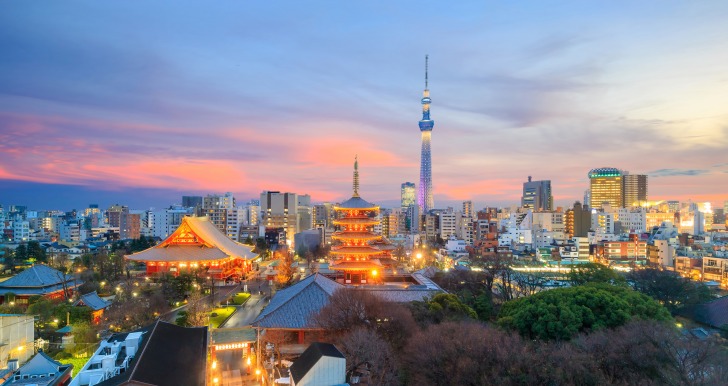
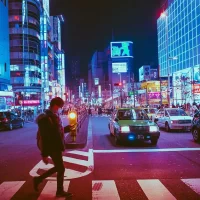

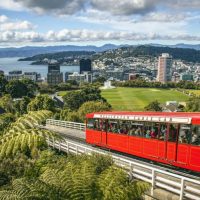
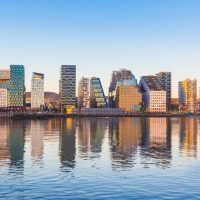
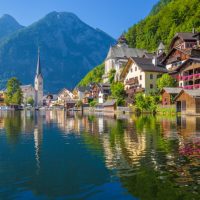






I personally think that the natural disaster risk shloud be at list Moderate.